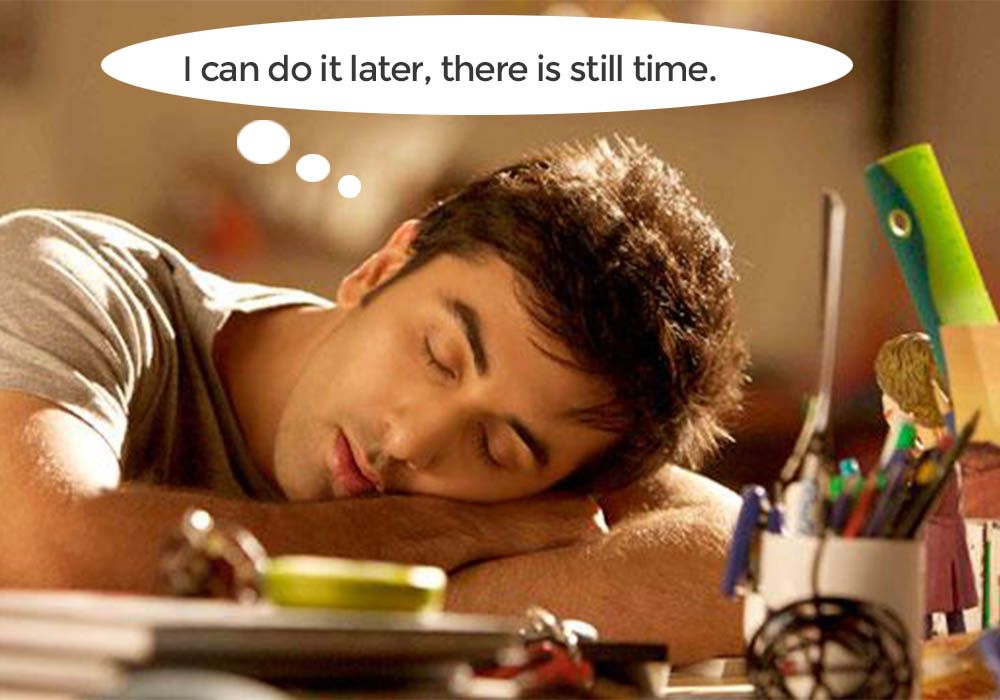“I am really sorry, but I think I am going to be late.” We all have a friend or two who are never on time, don’t we? It’s not like they do it to annoy us. It’s their nature. To them, time management doesn’t come naturally and no matter how hard they try, they can’t learn the art of scheduling or prioritization. Unpunctuality, however, is very unpopular in most culture. And in work life setting, it is even considered rude and unprofessional.
Contrary to popular beliefs, unpunctuality can have far deeper significance and some of it may even be positive.
Sounds surprising, right?
Let’s understand it further.
No, it’s not a sign of disrespect
People who are often late may not be lazy, it could mean that they have too much going on with them and may have a lot on their plate. And multitasking does make one lose track of time, even a research by Jeff Conte from the psychology department at San Diego State University. His study found that people who did multitasking were late to their jobs more often than those who did not.
While various studies have pointed out that multitasking may affect one’s efficiency, but it is also true that many successful people do more than one thing at a time. Take the example of Aston Kutcher, who is an actor, producer, entrepreneur and investor in various start-ups and tech companies such as Skype, Uber, Spotify, etc. donning many roles and doing much more than others, all at the same time.
It makes you more optimist
Optimist often tends to believe that they may have more time on their hands than they actually do. This can cause them to move slightly leisurely through life. Psychologists relate this phenomenon to “planning fallacy” which does explain chronic lateness in some people. To put simple, this theory postulates that some people consistently undermine how long a specific task will take and how much a task will take and this leads them to lateness. While it may be a little difficult to grasp the correlation between the two, it is refreshingly positive take on this habit which our popular culture look down upon.
Entrepreneurs, artists, and other visionaries are considered to be the big picture guys than someone who is too detail oriented. So what if they lose tracks of time and miss an appointment here and there, right?
They have Type B personality
B type personality people are considered to be more creative, laid back, and innovative, unlike their type A personality counterpart who are more competitive and impatient. They are often sloppier when it comes to scheduling and time management.
One study showed that these two personality types have a different perception of time. These two set of people were divided and were asked how much time has elapsed after a minute. Type A people on an average guessed as 58 seconds, while Type B guessed on an average 77 seconds had passed. The difference may not seem too much, but 18 seconds could really add up.
It’s common for type B people to be optimistic and they tend to see big picture than distract themselves over details. If they miss an important meeting, maybe they are having their next eureka moment.



